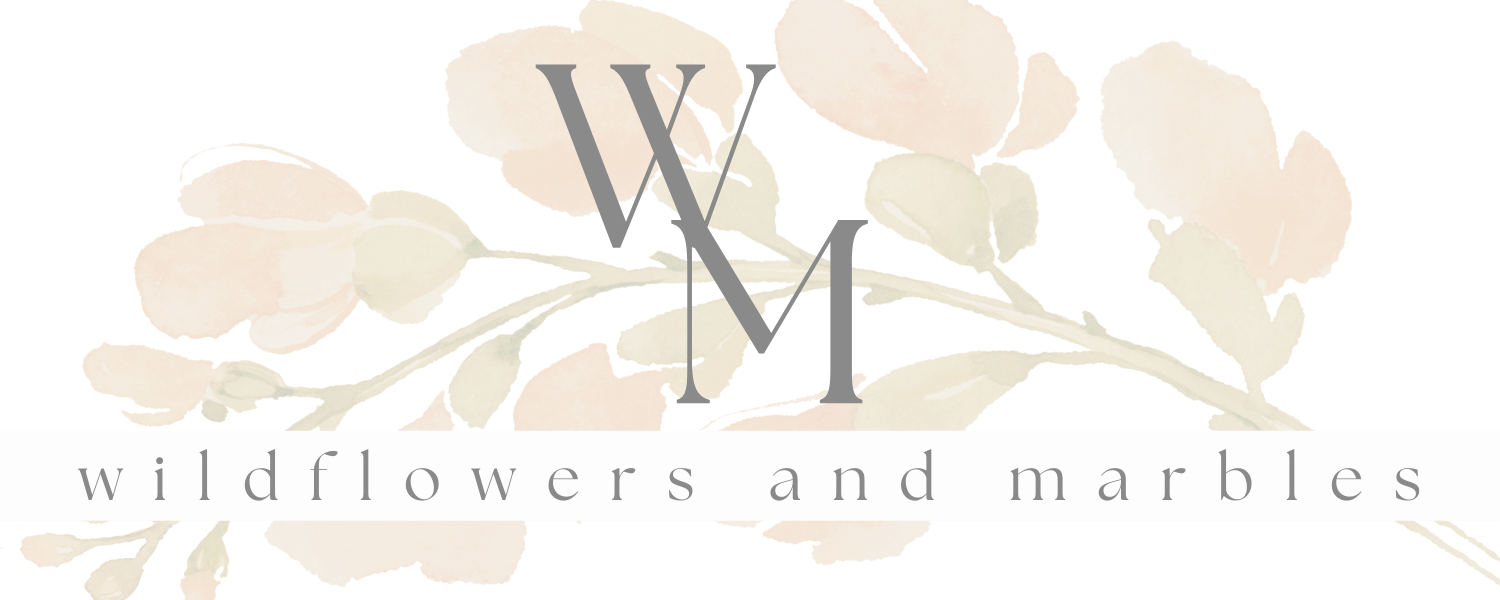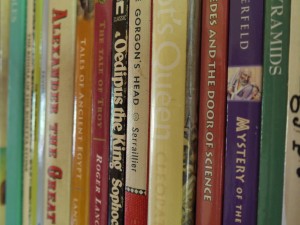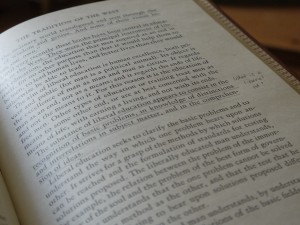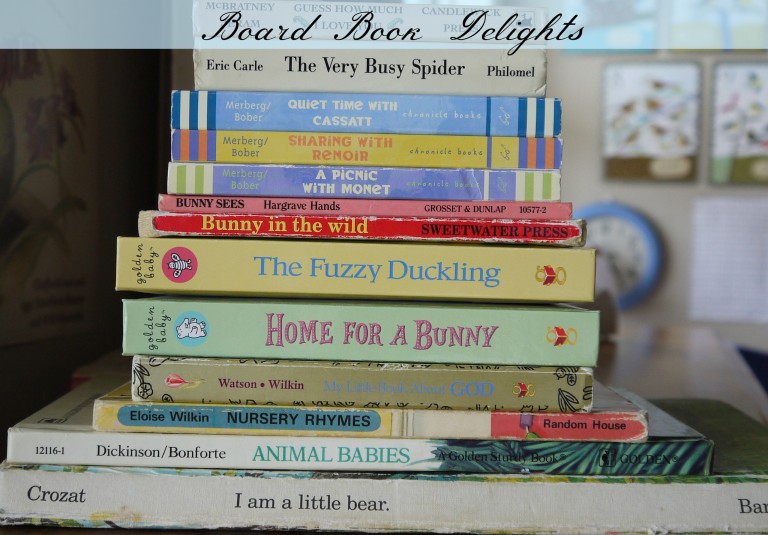Good To Great: Teaching Literature From Grammar To Rhetoric
Some time ago, the CiRCE Institute shared a 2003 conference talk by Dr. James Taylor on the topic of using the Good Books and the Great Books as part of teaching literature. It is an extraordinary talk and I took copious notes, just a few of which I’ll share with you below.
As Dr. Taylor observes in this talk,
The Good Books cultivate the language, the situations of song, rhythm, and meter that we will find in the Great Books.”
If you’re wondering how a Charlotte Mason education (one which embraces the “balanced whole“) fits within a Classical education, this talk offers an illustrative key! Charlotte Mason lays the foundation through a liberal education of GOOD and worthy books and methods. Through an education of atmosphere, discipline and life, which points to the good, true and beautiful a student is made ready to enter the Great Conversation through the Great Books and Great Ideas.
In a nutshell: Not only should we fit Mother Goose and Peter Rabbit before Aquinas and Shakespeare – they are necessary. They pave the way. Good unlocks and allows for a true appreciation of the Great.
Unfortunately, Dr. Taylor’s talk is no longer available through the CiRCE Institute. However, I have a fantastic late Summertide gift for you! Mr. David Kern of the CiRCE Institute, as well as Dr. James Taylor of St. Raphael Orthodox Online School, have both given me permission to share this inspiring talk with you right here. Isn’t that wonderful?
If you…
- Have a middle schooler or high schooler
- Love the Great Books and the Good Books
- Embrace a Classical and/or Charlotte Mason education
- Love literature
…then you are going to want to wait until it’s {relatively} quiet at your house, grab something to take notes with, and listen to this amazing talk! (Just so you know, the talk is about 56 minutes long)
Updated to add the media file directly: Good To Great: Teaching Literature From Grammar To Rhetoric
Not that you need my observations to appreciate this talk, but I thought I’d just share a few of my own notes:
- All mothers should read stories and sing songs to young children.
Did you need affirmation that this is time well spent? Here it is.
- Good books cultivate the language, songs, rhythm and meter necessary for eventually approaching the Great Books.
“To everything there is a season…” Be patient and embrace your child’s season! Don’t rush head over heels – temperance is a virtue. Good before Great.
- Mother Goose lays the foundation for approaching Shakespeare.
- Fairy Tales such as Grimm and Anderson lay the foundation for Chaucer, Thoreau and others in the Great Books.
- There is a natural and necessary progression from Good –> to –> Great. Circumventing that necessary framework and introducing a child to the Great Books too early may result in a student that isn’t prepared to approach those deep ideas yet, in spite of the fact that the child may be able to understand the writing. The meaning will be elusive, and the student may opt for a “cliff notes” approach to be able to go deeper.
- Education is rooted in reality, and particularly the reality of the natural world. Seek to bring children in closer, daily contact with reality in order to avoid an “insulated” existence.
Wonder what that looks like in practical terms? Nature walks. Nature study. Unstructured play time. Real discussions. Exposure to beautiful…art, music, ideas. If you’re over scheduled, and relying heavily on electronic devices to babysit and entertain, here is a clarion call to reconsider your schedule and opt for the beauty in reality as opposed to an insulated and artificial experience.
- In the Q&A, I loved Dr. Taylor’s advice when someone asked about his recommendation on which curriculum he would advise as well as suggestions for grading. His advice is wise and succinct:
“I would take a curriculum, as old as you can find, and I would throw out all grades and go to an informed…INFORMED rigorous pass/fail.”
As you consider “the oldest curriculum you can find,” I’m throwing out a few things to consider:
1000 Good Books compiled by educator John Senior – if one pulled their curriculum from this one list, you wouldn’t go wrong. Looking for a starting place? Start here.
Gateway to the Great Books is a 10 volume set of books that would be a treasured addition on any shelf! Like the Great Books of the Western World, this smaller set which includes short stories, plays, essays, and excerpts from some of the “Great Authors” like Plutarch and Shakespeare, is edited by Mortimer Adler and Robert Hutchins. This set includes a syntopicon that is similar to the Great Books Syntopicon along with suggested reading guides for the Gateway series. The syntopicon alone is worthwhile reading for any educator – you could design a pretty extraordinary middle and high school course around this one volume of books! You can usually find these sets used at a decent price – we found ours used some years ago – I have the 1963 edition.
Building a Considered Booklist is a post I wrote a few years ago; in it I try to address the HOW of building a booklist. In this post, you will find my favorite sources for Good Books and some ideas to start with if you want to design your own booklist. Remember, we’re educating persons – not grade levels – and we’re educating as a part of real life and all the different seasons we’re each blessed with. This is the *considered* part of building a booklist!
Look at other booklists – like Ambleside Online, Mater Amabilis, other bloggers & friends whose reading choices you trust.
Choose curriculum tools prudently and wisely – it’s fine to have a curriculum helper for something like Latin lessons (especially if you, like me, didn’t know Latin when the homeschooling ball got rolling!) – but don’t over choose or over spend on curriculum. They’re tools, they should not form the bulk of educational offerings. And if you have a preschooler – 1st grader, you don’t need to purchase anything except good books! Read wisely, and read aloud – choosing from excellent, worthy books. Build your home library and/or take advantage of your public library. Allow for real experiences in your day, plenty of free play, time to nurture good habits, and come alongside your child more than you allow yourself to be overly concerned about missing some scope-and-sequenced curriculum thing. Have peace right there and let your day flow out of that peace and I guarantee a lot of GOOD!
I hope you enjoyed Dr. Taylor’s talk as much as I did! Are you using Good Books in your home education planning this year? If you know of some sources for building on this idea of using Good Books – articles, booklists, resources – please leave me a comment and we can build a nice collection for sharing and encouraging the Good so that we might build up a generation ready to step into the Great Conversation.











Ooo book chat:):) Inspiring, We’ve been slipping and need a prod
This is great! I can’t wait to have time to really listen and read through your notes.
Thank you Jen. I can’t wait to listen to the talk. I had contacted Mr. Kern a few months ago, but the talk was not available. I am so excited – looking forward to a cup of tea and a quiet moment to listen….
Just so you know Jen – I am unable to listen to the audio on my Windows 7 laptop. It is very distorted. However, it does work on my kids’ Windows Vista laptop. Strange….
Thank you, Jen. Looking forward to listening to this later this week. Had a quick listen on our laptop, also windows 7 and it sounded ok. A little quiet but our speakers aren’t the greatest so I’ll use headphones when I get to listen to it.
It works on my iMac and iPad but not iphone.
Amanda,
I tried on my iPhone, too, and was unable to listen to it. It does work on my iPad and my macbook (safari). I sure hope everyone can find a way to listen to the audio – I know you’ll enjoy his talk so much! And I just saw that Dr. Taylor (through CiRCE) is offering a webinar on July 30 on the topic of a Midsummer Night’s Dream. Go check it out!
This feels silly to write considering his suggestion to get rid of technology for children in the home, but this was for me to listen to his talk. I never could get my phone to work, but it did on my iPad. However it wouldn’t work through the cable to connect to my kitchen radio. It did work to stream to my apple tv from the iPad and listen to on the TV speakers. Does it sound as strange to read that as it does to write it? Oh, well, I got to listen to his talk. 🙂 I’ll be listening again when I can take notes. I loved hearing about the camp that he ran. I’d like to look up and see if it is still around. I don’t think it ever became a school. I feel inspired to find a place I can get the kids (all boys but 1) out hiking early, settle in for a few hours of school, back outdoors, then finish the day. The idea of driving somewhere like that every morning with preschooler and baby along overwhelms, though. And then of course the books. We have been reading aloud more and more this summer and including lots of fairy tales and nursery rhymes. The My Book House sets are great for this. We read them often at bedtime as well. For my oldest the Pyle books have given him lots of adventure reading. The problem is where to go when one finishes Pyle. 🙂 I know Henty is on the 1000 good book list, but I’ve heard mixed reviews.
Thanks again for this!
Thank you for sharing this. I hope to carve out 56 minutes sometime this week and take copious notes:)
Thank you for sharing this. My youngest is now 21 and still talks about his great poetry classes (online) with Dr. Taylor. I will enjoy listening this evening.
Loved the talk. One comment I have is that for those children who have been raised on good books, I think that introducing the Great Books in high school is fine. Now obviously they are not going to get the same things out of them as a college student. But I think that is OK. One of the characteristics of the Great Books is that you get different things out of them at different ages. I am happy for my guys to read Plato and Aristotle in high school and be able to discuss them – albeit at a more “shallow” level than my college student reading the same books.
I do understand where you’re coming from, Marilyn, and I do think some of the Great Books are more approachable than others (Shakespeare, some Plutarch, etc.), but after reading Stratford Caldecott and also Dr. John Senior and especially his approach in the Integrated Humanities Program at the University of Kansas, and now after Dr. Taylor’s talk, I really want to be sure that these seed falls on fertile, open ground. In other words, I’m going to really focus on preparing that ground by way of the good, true and beautiful because I really want those great ideas to flourish once encountered.
Jen,
I haven’t had a chance to hear this yet but was excited about this, glad you shared as this is relevant to me right now… I love Circe. Their Maximize Your Summer Podcast was great. I’ve been reading at my leisure the Classical Homeschooling Articles (which incedently, gives the history on the great books movement) http://classicalhomeschooling.com/classical-homeschooling-first-issue/the-good-books-literature-program-and-john-senior/ and am looking to tap in on John Senior’s “compiled list of books, broken into four age groups (2-7, 7-12, 12-16, 16-20)…he regarded the compilation of the list as one of the most important works of his life.” I wonder if you know of this and could shed light on it. Thanks again for the upload, I most definitely will be listening to it as I am familiar with St. Raphael’s.
I”m a HUGE fan of the Classical Homeschooling Articles you linked to! And a true admirer of Dr. John Senior. If you do any reading on Dr. Senior, you’ll find he made so many wonderful contributions we can latch hold of – one of which are his lists of the Good Books, which I use as my template and guide when building a booklist. Another strong example we can observe is in the Integrated Humanities Program he led at the University of Kansas (in the 70’s). His strong emphasis was on reality – the real – and training the senses to “tune in” so to speak. So, he disallowed note taking and instead told students they had to learn to listen. This is just one example, but it’s such a powerful witness to the strength in CM methods. Read once, bring full attention to the reading (really listen), and then tell back.
Jen… Never mind, it just read the entire post! So happy to have you as an asset to our homeschool journey. -Flowers
A side note, between you and Kimberlee from Pondered in My Heart and Ambleside… My book lists are practically complete.
How exciting! A workable booklist is a delight!!
Is there anyway I can download this to my ipod via itunes? thanks
Sarah,
I did some checking. And I viewed my post in <a href="http://feedly.com and noted that in feedly, I had a download option. So….if you happen to subscribe to my blog using feedly, and view that post, the audio file has a download button, and from there you should be able to get it onto your phone. Theoretically. If you try it, please let us know if it works! Sorry there isn’t a more direct, easier way! I’m not sure why a download option doesn’t show up on the audio file in the post!
Thank you very much for this post. I am so bummed. I have tried listening on my Mac laptop and iPad, but the sound is too distorted. Is there another source?
That’s strange that neither your laptop, nor iPad will play it!! Both of mine will. The only thing I’m hearing that consistently doesn’t work is the iPhone. I’m sorry to say that there isn’t another source. That’s why I sought Dr. Taylor and CiRCE’s permission to host this mp3 here.
I found the problem. I was trying to play it through a speaker and the sound was distorted (both when I was directly connected and through bluetooth, but when I put it through headphones it was fine. Thank you for the suggestion to try it through feedly.com. Being able to download it and play it through iTunes really helped.
Oh, Julie! I’m so glad it worked for you! And I’m thrilled to know that feedly is indeed an option for folks to download and listen on their phone!
Oh goodness, can’t wait to listen to this!! Thanks, Friend!!!
It’s all distorted for me, too, listening on my cell phone. Keeping my fingers crossed for technical support; the talk looks great:)
Beth,
I’m so sorry you’re having technical difficulties. Could you try to listen to it through a source like feedly? They’ll share the audio through their feed and it might work for you that way!
SO fantastic!!! I love Dr Taylor, and this was one of his best.
Just an update – I uploaded the file directly to the post, so you should have the option to play the talk via the embedded media player, or click the link and listen and download the talk. Hope this is a help!
I finally got a chance to listen to this. It was great. Thank you!
It was encouraging especially because in these areas I don’t feel as though I’ve completely messed up. We live out in the country and all of my children have many opportunities to experience “reality” in the way Dr. Taylor was talking about (nature or creation). I’m still working on the good books part, but it’s not too late.
I know what you mean, Sarah. When I think of just ensuring that I’m providing real moments and experiences as well as the good, that seems very do-able to me. I can do that! It’s never too late to add in more good books!